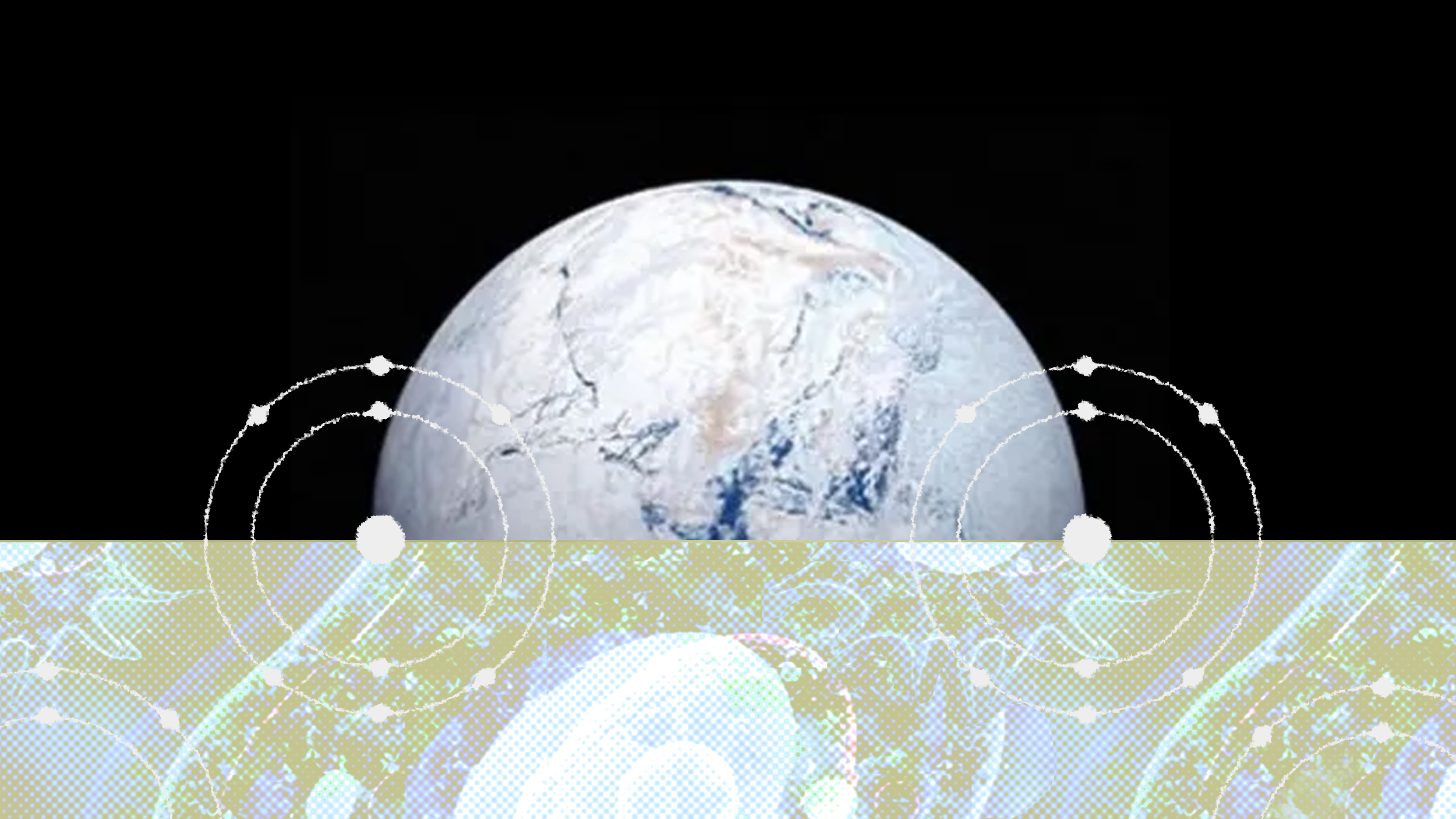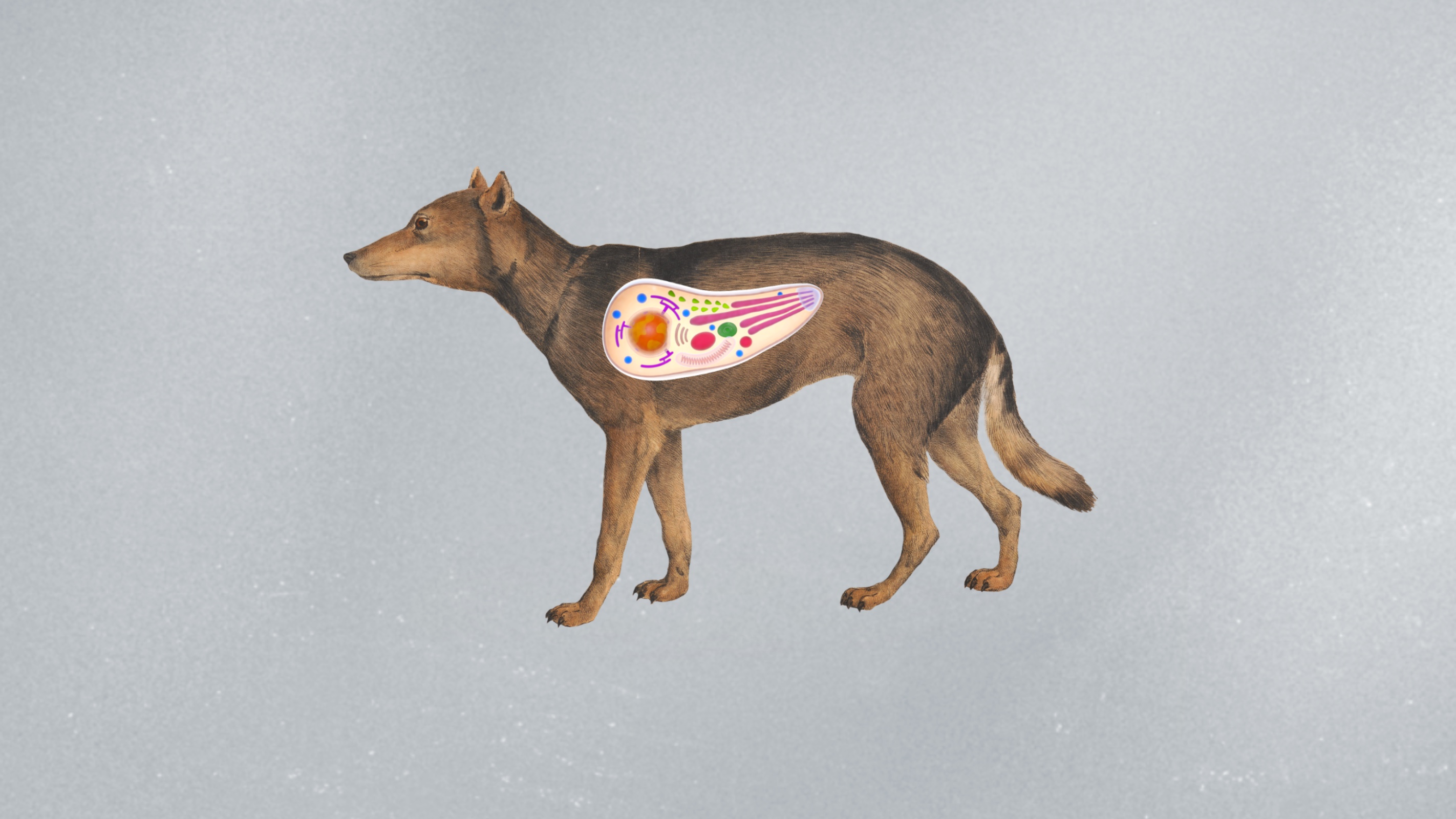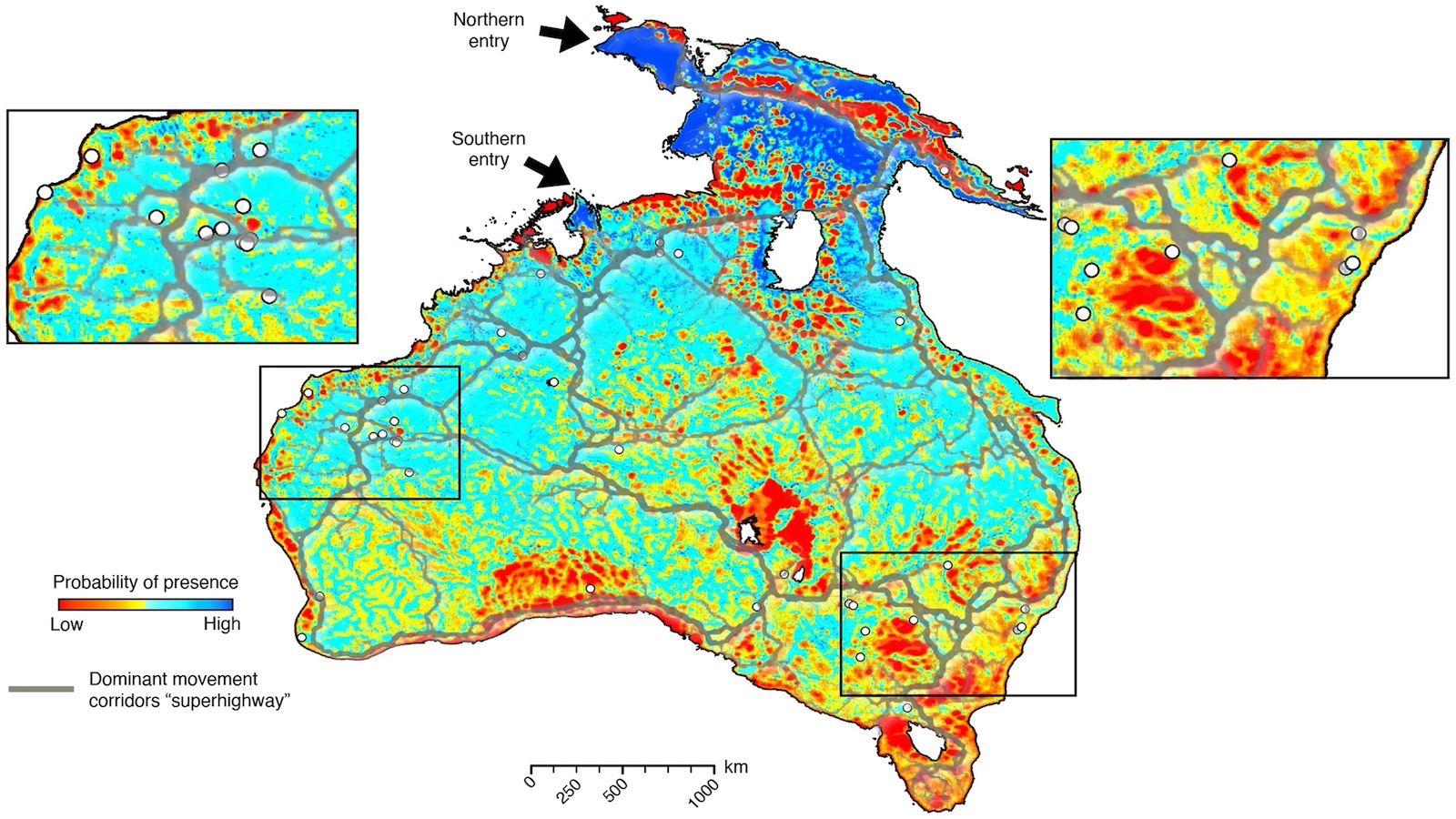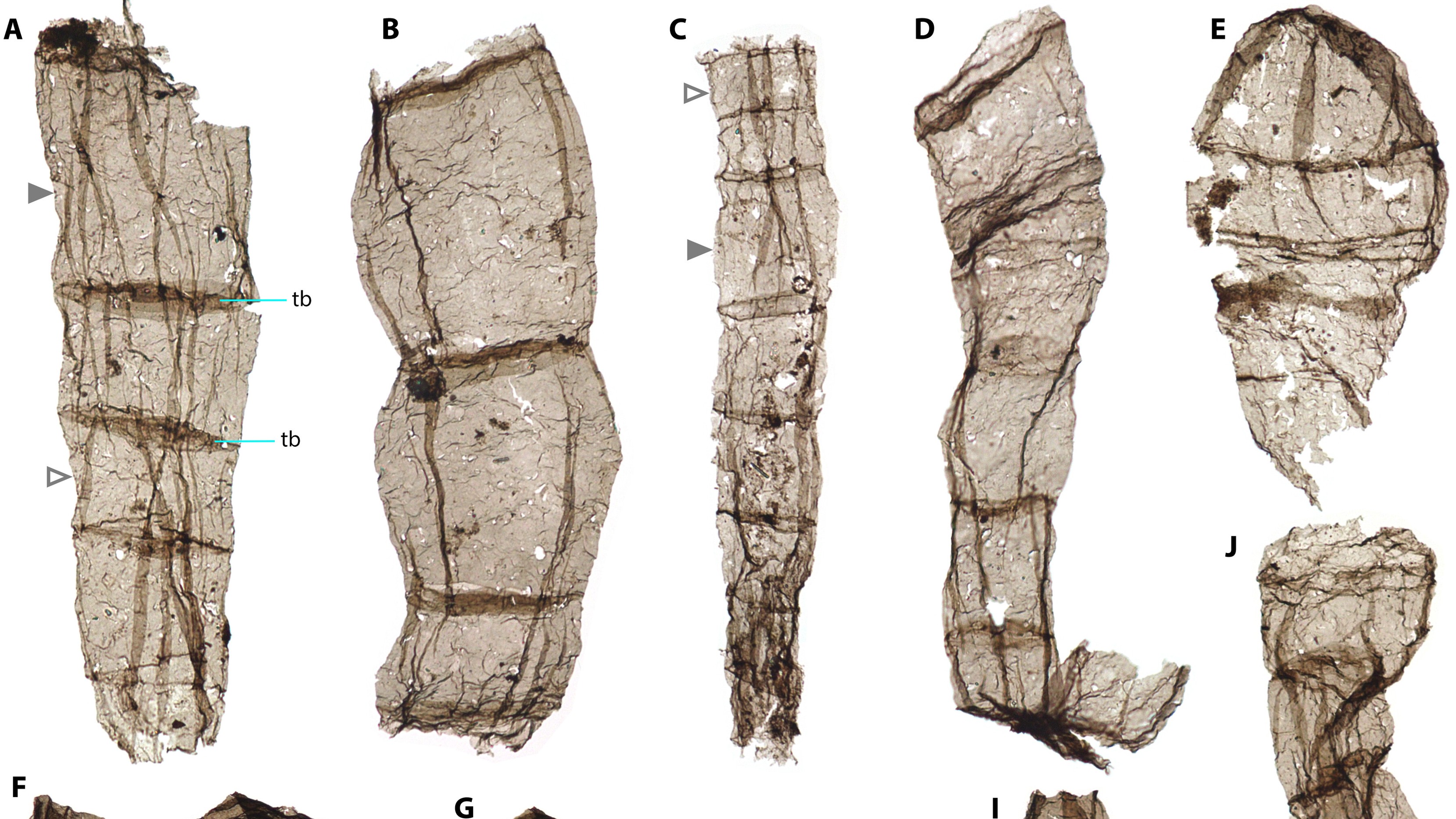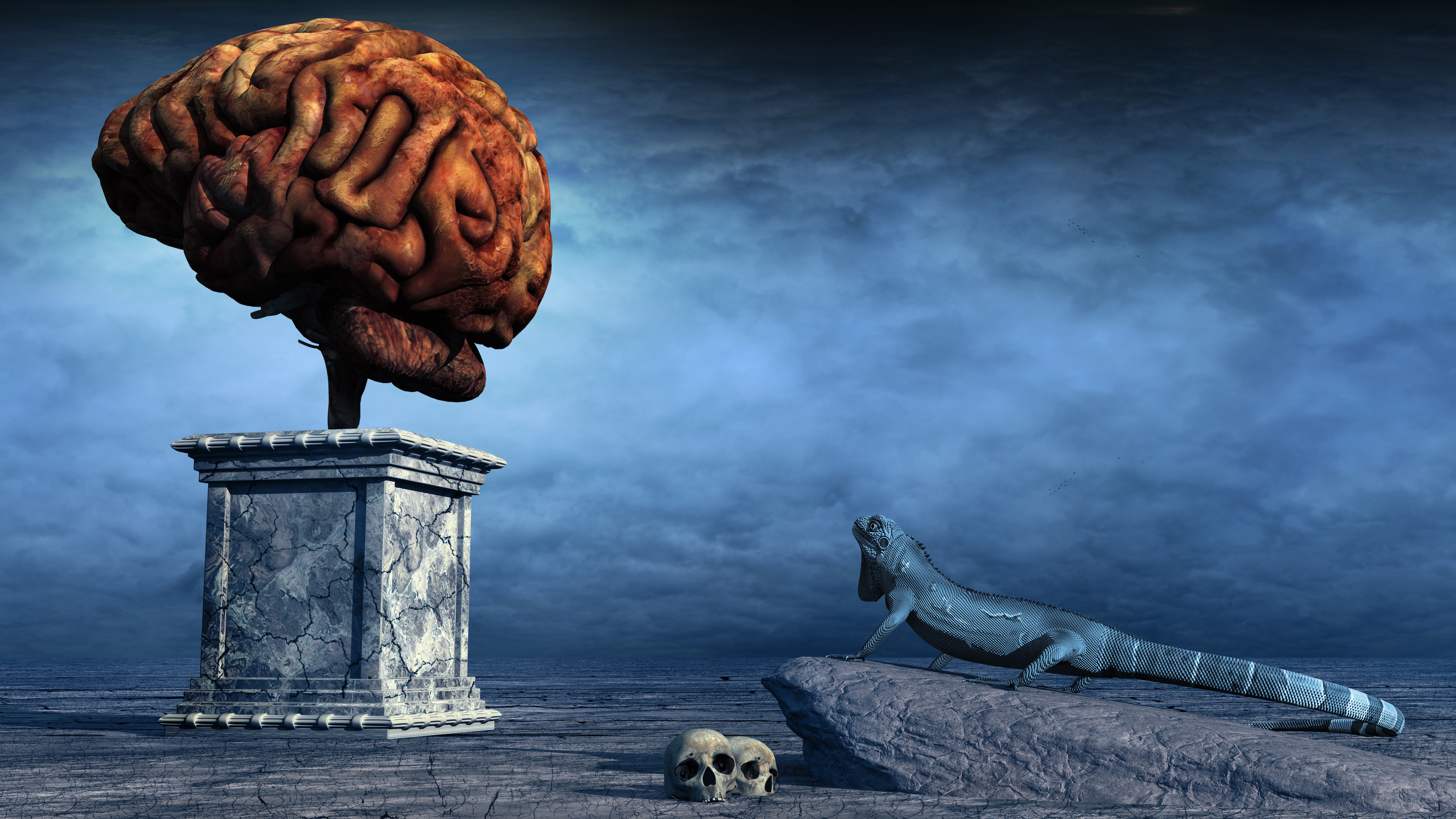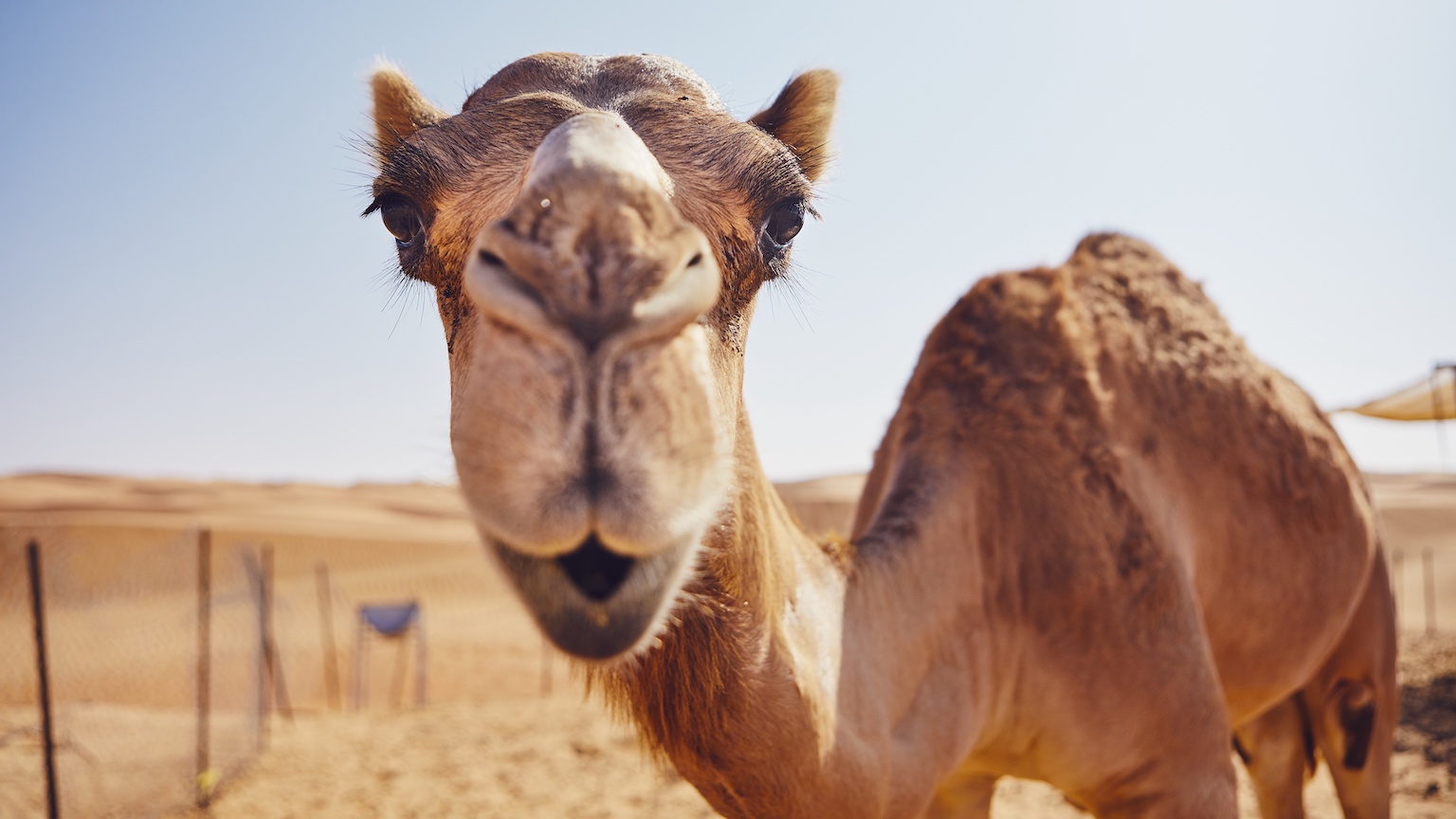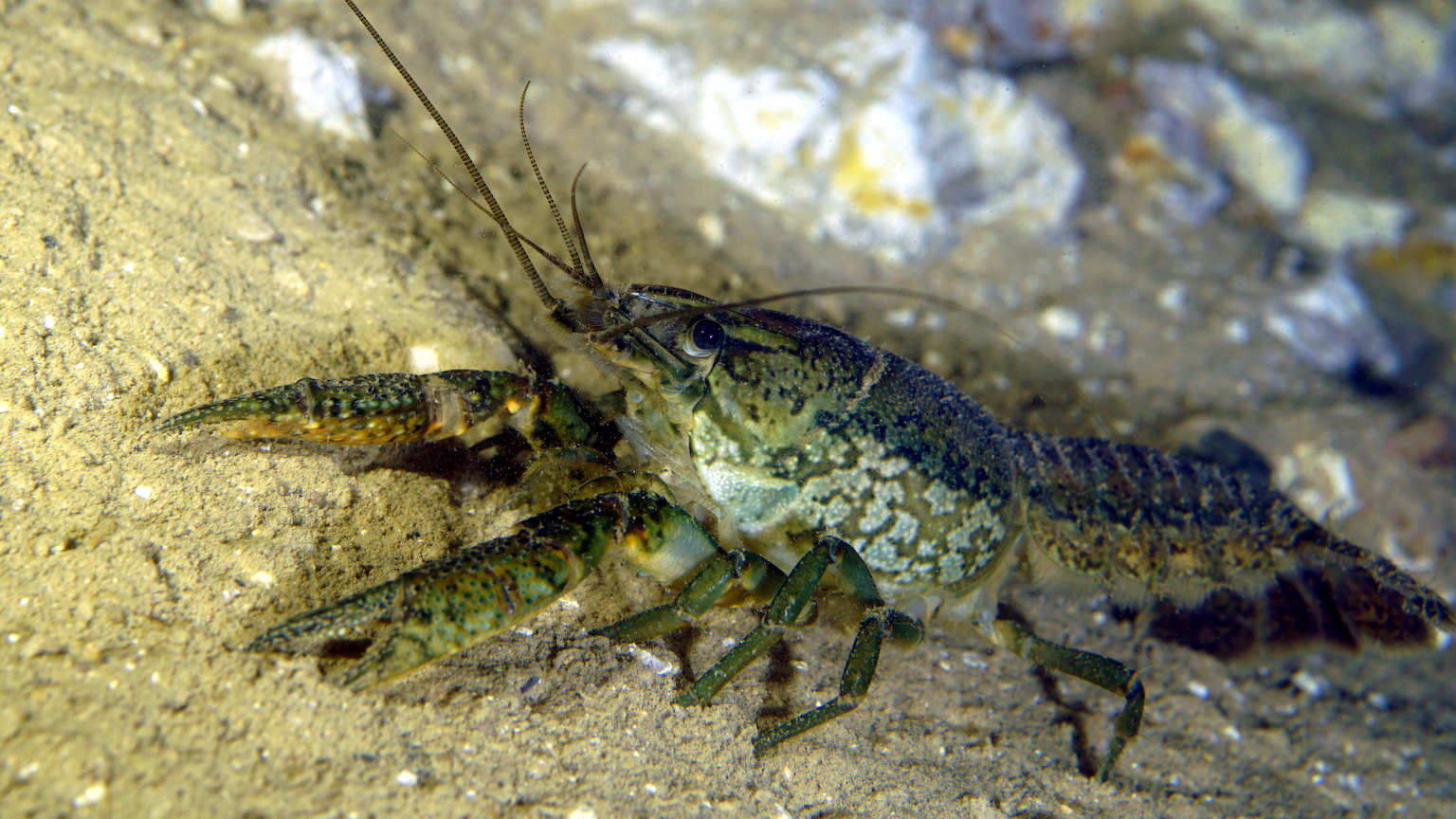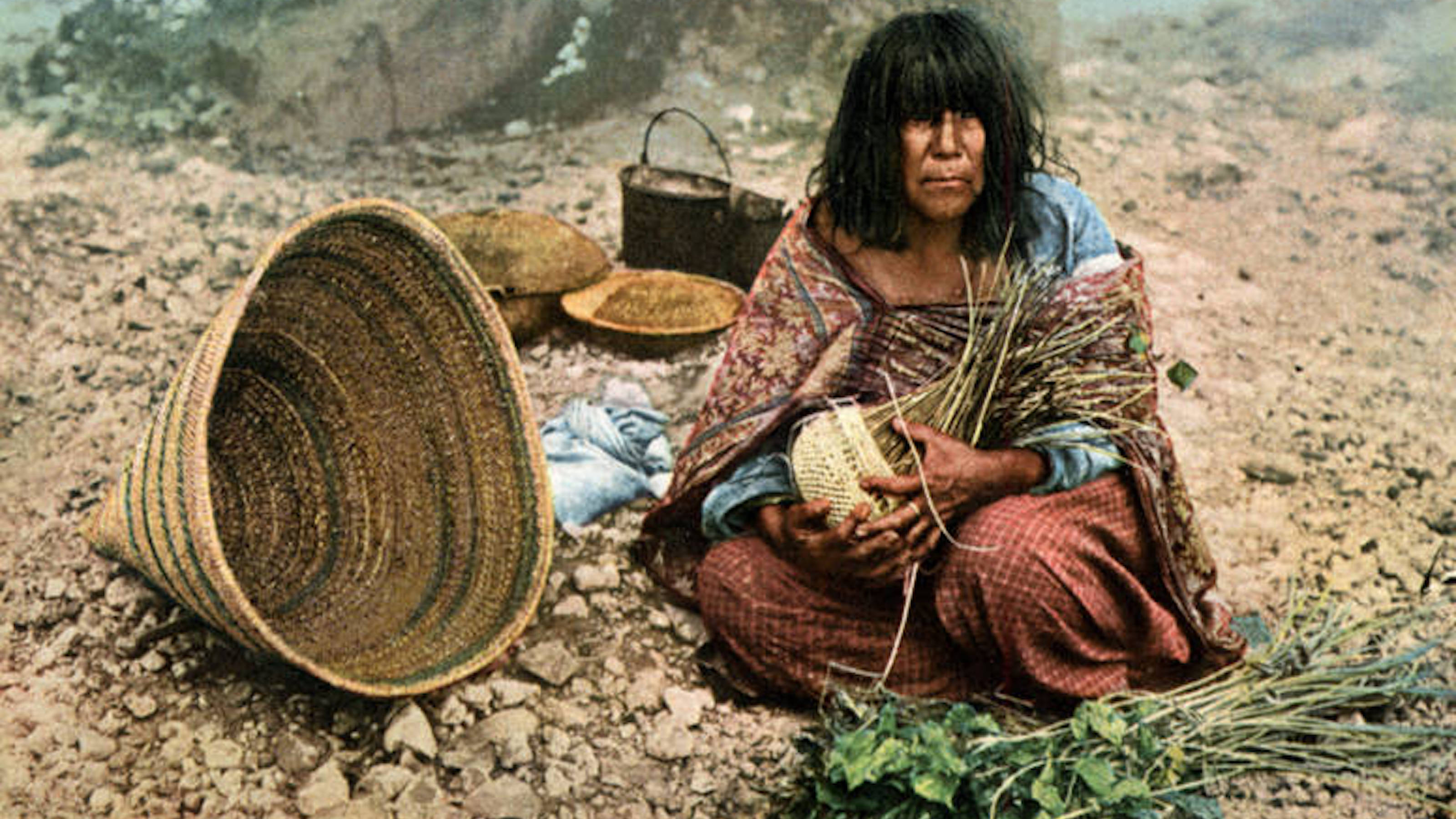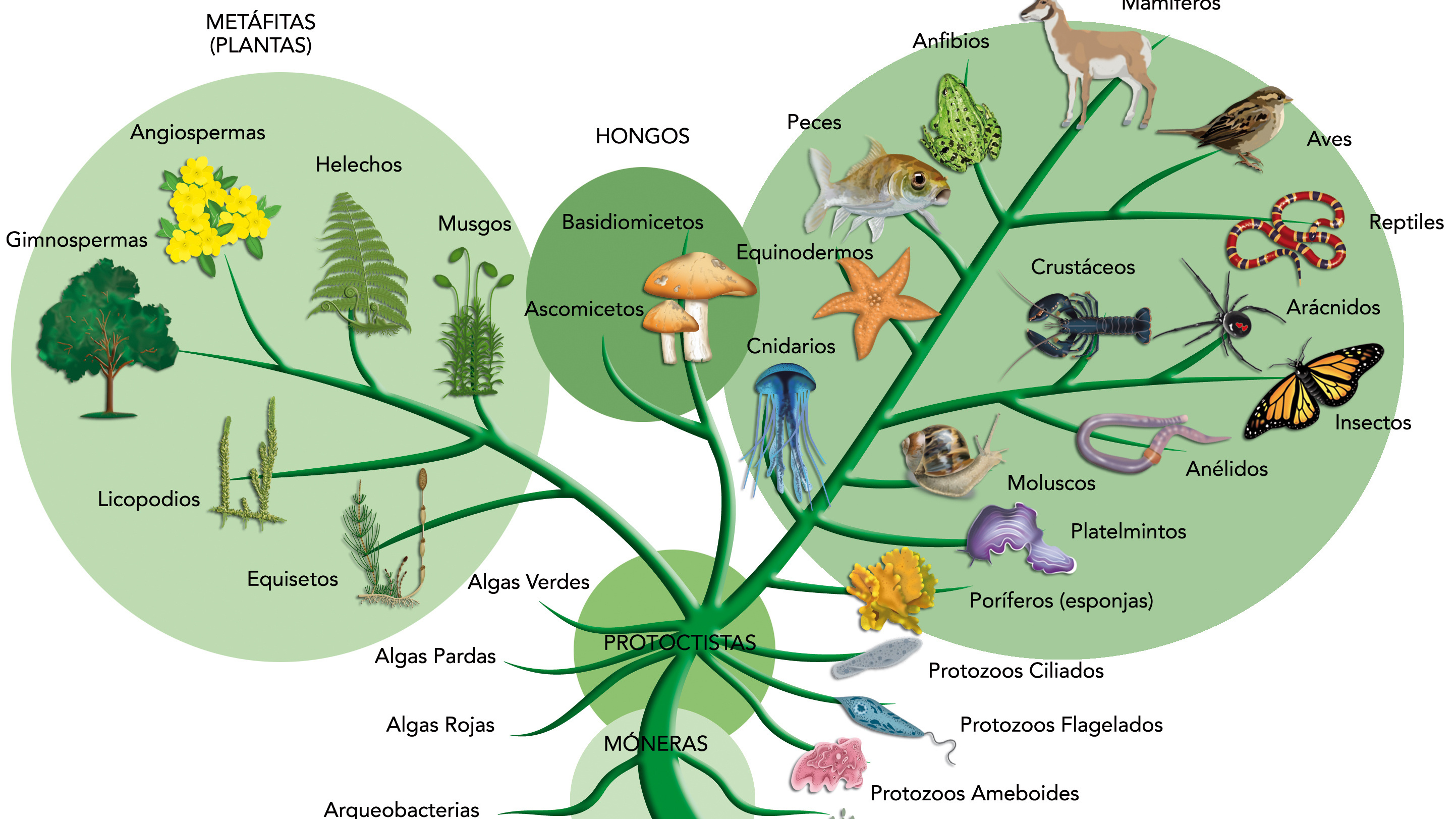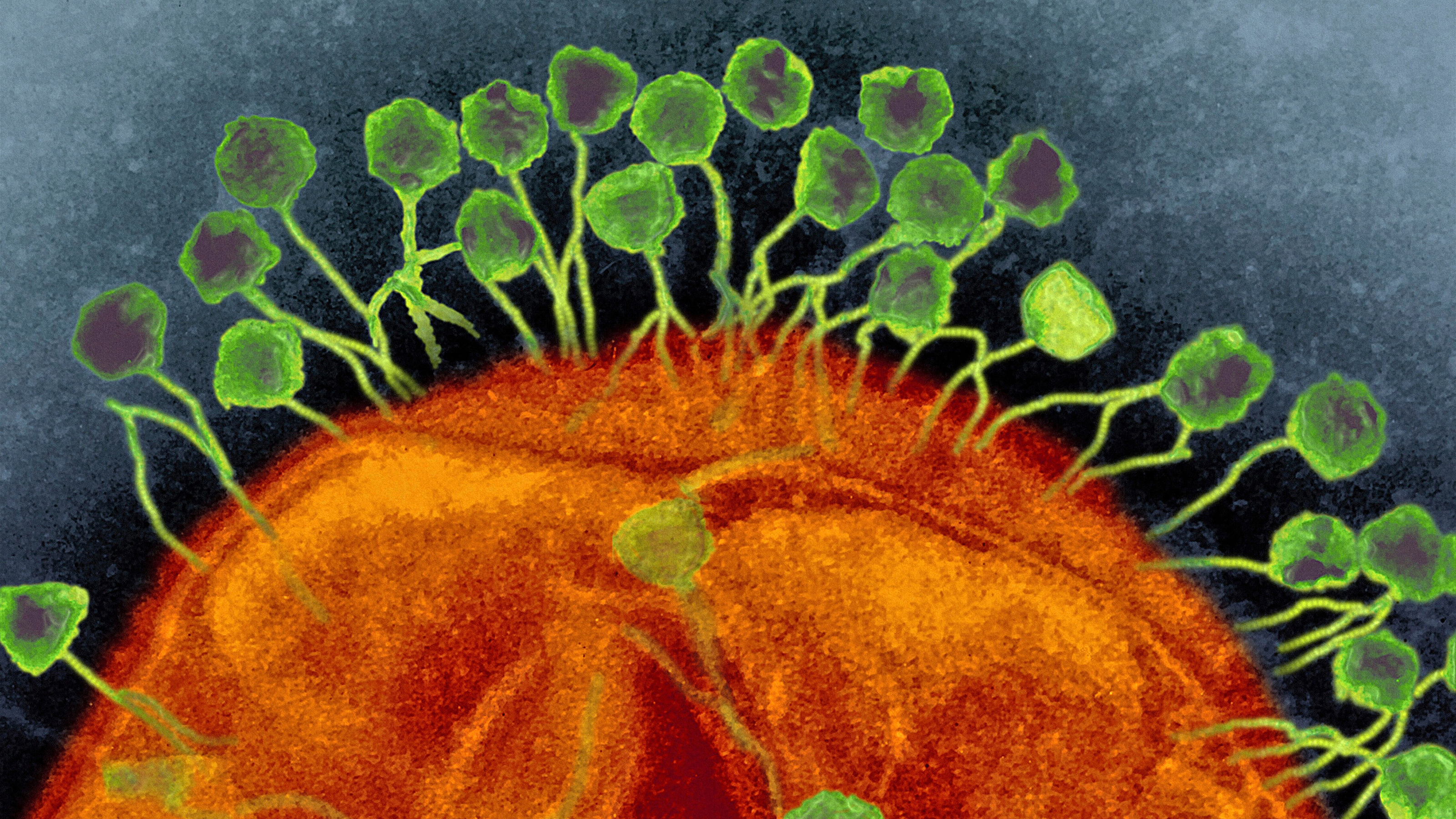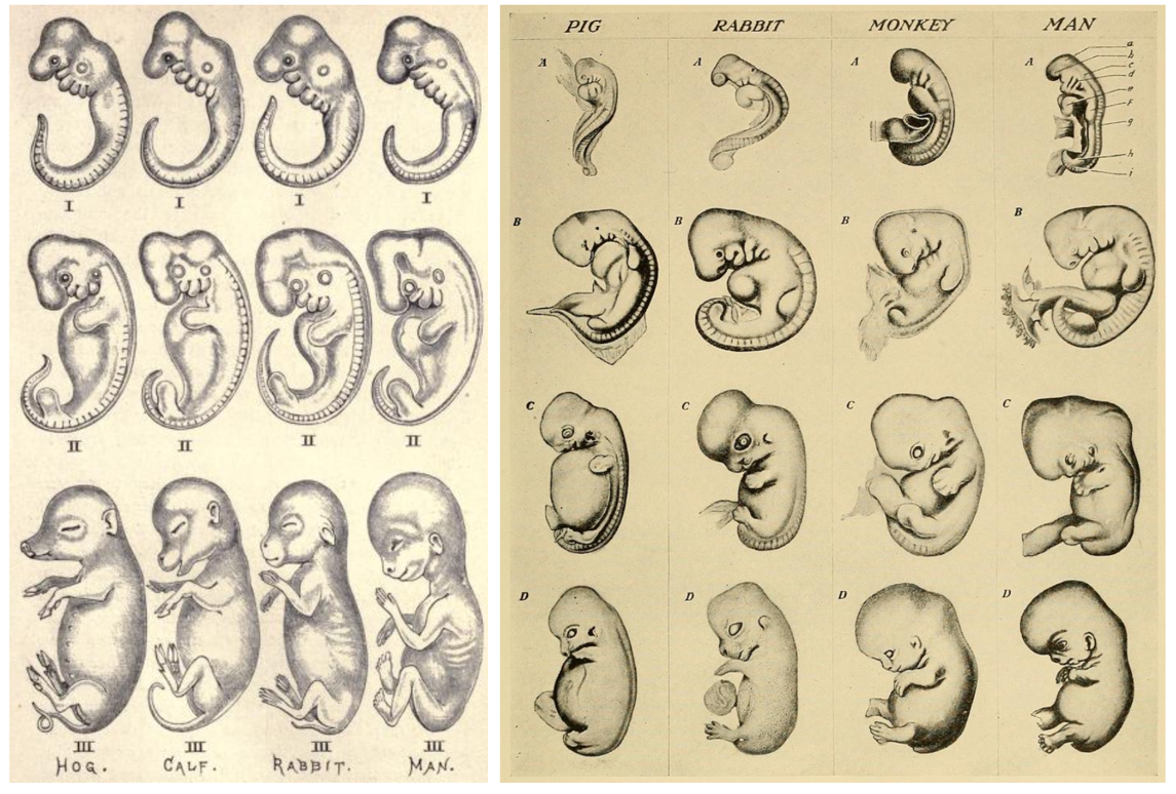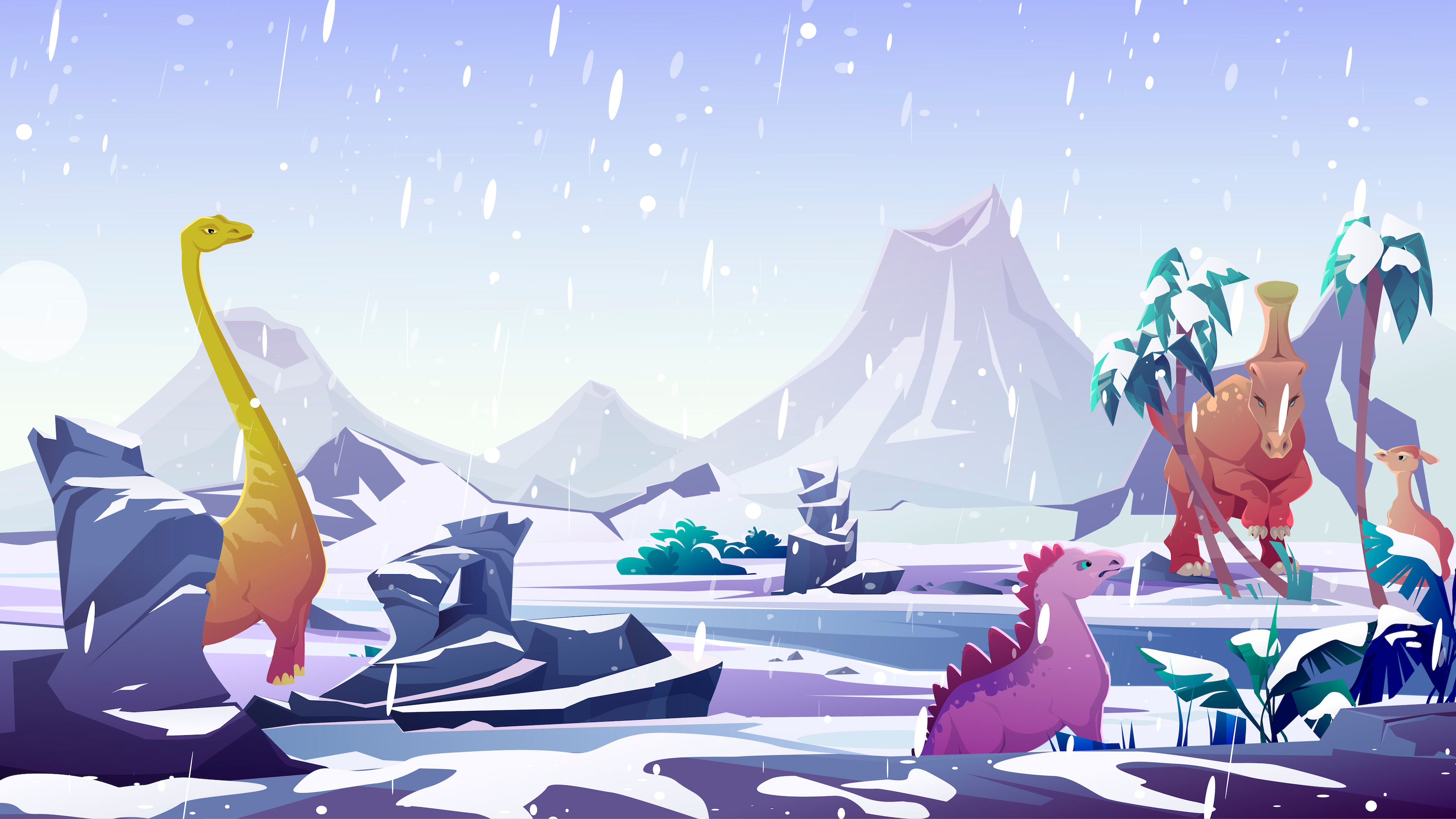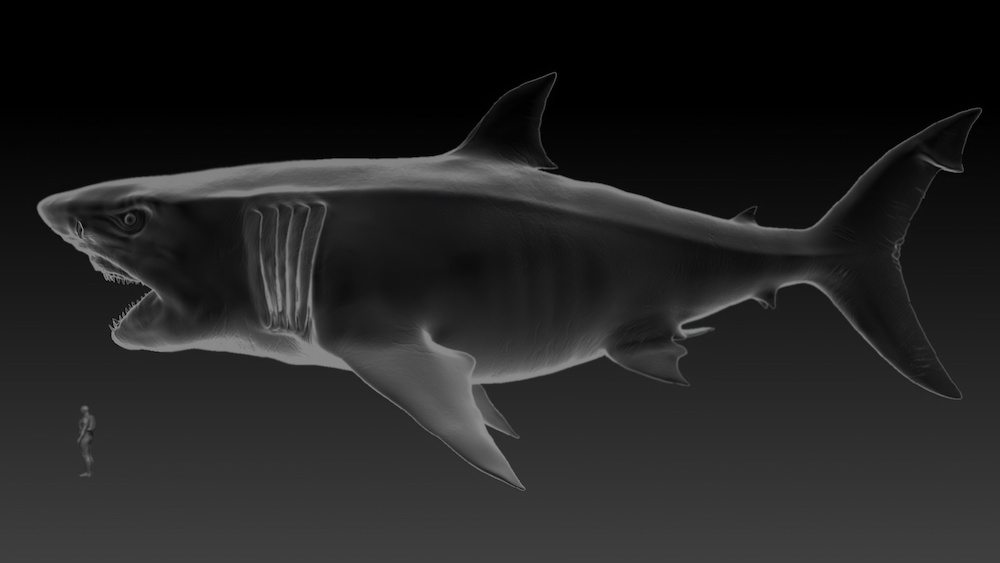A new analysis suggests previous “total cost of ownership” studies overlooked key factors.
Search Results
You searched for: Ecology
You can’t farm spiders — but putting spider genes into silkworms works even better.
Known as the Great Oxygenation Event, Earth froze over as oxygen accumulated in our atmosphere, nearly driving all life extinct.
Scientists might be looking for Martian life in the wrong place.
Toxoplasmosis, which results from a chance encounter with a cougar and the parasite it carries, can push a wolf to seek alpha status.
Destruction of the Ukrainian dam unleashed a catastrophic flood—and surfaced centuries of cultural heritage. Now there’s a call not to rebuild it.
A new method of mapping migration factors in erratic movements and changing climate.
The discovery suggests that the “Boring Billion” period of evolution on Earth wasn’t so boring after all.
The airships have a range of 4,000 nautical miles, can fly for five days, and can cruise as high as 20,000 feet at 80 mph. They take to the skies over Spain in 2026.
Like sneaking veggies into dessert, these board games teach STEM, strategy, and executive functions through the joys of play.
If we took the values and principles of cooperation to the next level, we could effectively tackle many crises.
In the land of the double-blind, impartiality is king.
Most people think that writing fantasy or science-fiction requires a strong imagination. Podcast host Mike Duncan shows a knowledge of real-world history is just as important.
Back in 1970, Sister Mary Jucunda wrote NASA, decrying large investments in science. A former Nazi’s legendary response is still relevant.
COVID-19 and other microbes have shed light on disease spillover from animals to humans, but we can also spillback disease to wildlife.
Experts say it’s likely space junk—and there’s plenty more where that came from.
All marbled crayfish descended from a single clone discovered in Heidelberg, Germany in 1995.
“The more I unleash myself from the tethers of domestication, the happier I feel.”
Dreams of resurrecting lost species didn’t start in Hollywood or Silicon Valley.
Pando is a stand of aspen in Utah that is 14,000 years old and weighs 12 million pounds. Humans threaten to end its long reign.
We’re all entitled to our own opinions, no matter how ill-informed they are. But facts are facts; we can’t just choose the ones we prefer.
Researchers estimate there may be as many as ten million trillion trillion phages on Earth — that’s 10 with 30 zeros after it.
The moths in your garden might hear your tomato plant’s pain.
The 557-million-year-old specimen challenges the theory that animal body plans were laid out in the Cambrian explosion.
Predatory dinosaurs with big skulls tend to have tiny arms. Researchers propose there might be a direct link between those traits.
He was also a eugenicist — but at least he could draw pretty pictures.
New research finds that dinosaurs were already adapted to living in cold climates before the end-Triassic mass extinction. But how?
The way that the ancient Megalodon adapted to water temperature has important implications for modern marine creatures.


